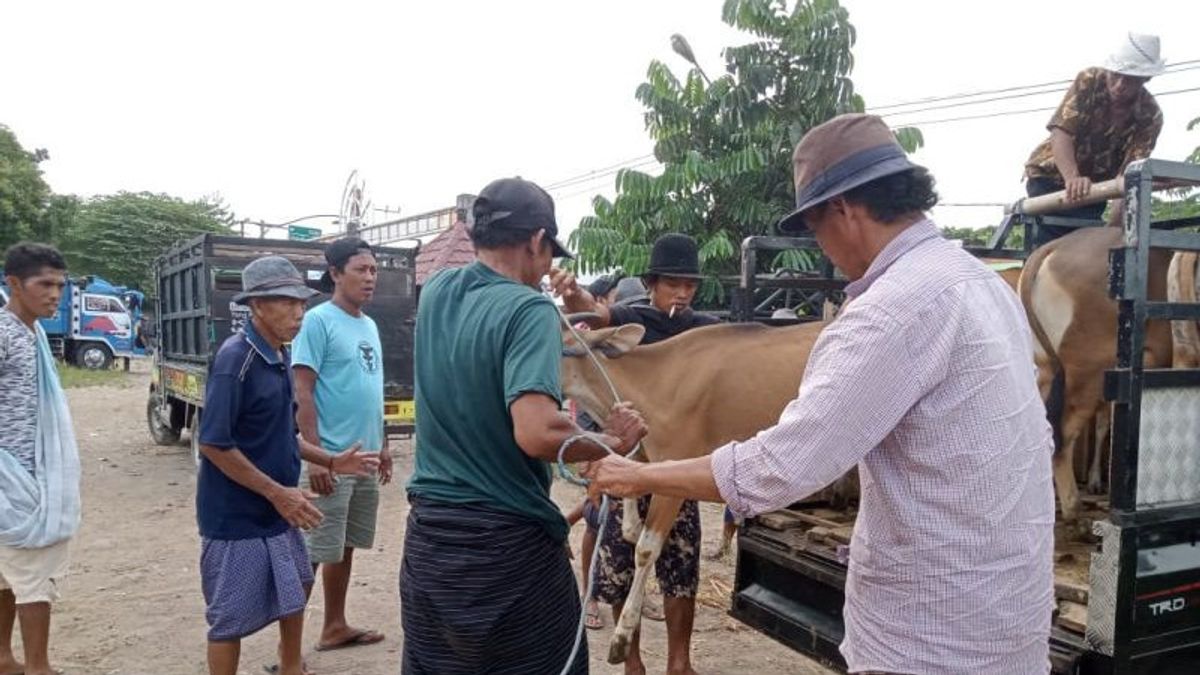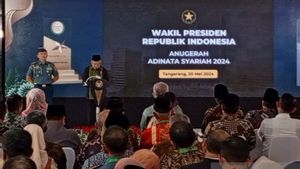
NTB - Mataram City Agriculture Office is not worried about the need for sacrificial animals for Eid al-Adha 1443 Hijriah. The need will be met from the cages of local breeders in the provincial capital of West Nusa Tenggara (NTB).
"We will monitor the cages, including the gathering pens belonging to local breeders, so they don't bring in livestock from districts/cities that have been infected with the mouth and nail disease (PMK) virus," said Head of Livestock at the Mataram City Agriculture Service, Drh Dijan Riatmoko in Mataram, quoted from Antara, Wednesday 18 May.
The statement was conveyed in response to public concerns about meeting the needs of sacrificial animals because there is no certainty as to when the Selagalas Animal Market will be closed to prevent the spread of the PKM virus.
According to him, on the island of Lombok, there are two districts that have been affected by the FMD virus, namely Central Lombok and East Lombok. Therefore, cattle for qurbani can still enter from North Lombok and West Lombok in Narmada and Gunung Sari.
"We will carry out surveillance in collaboration with local kelurahan or village officials to ensure that the sacrificial animals to be sold are imported from healthy cages," he said.
In addition, to ensure the health of the sacrificial animals, he said, Distan will form a supervisory team that will actively supervise and check the health conditions of the sacrificial animals that are traded or that will be slaughtered by the public.
Furthermore, Dijan said, the need for sacrificial animals in Mataram City annually reaches more than 2,000 heads. With details for about 500-600 cows and about 1,600 goats.
He appealed to entrepreneurs of sacrificial animals and farmers to maintain the health of their pets by giving vitamins and injections of antibiotics as an effort to increase body resistance so that livestock are not susceptible to disease.
"For livestock vaccination, until now we are still waiting for instructions from the ministry," he said.
The English, Chinese, Japanese, Arabic, and French versions are automatically generated by the AI. So there may still be inaccuracies in translating, please always see Indonesian as our main language. (system supported by DigitalSiber.id)







